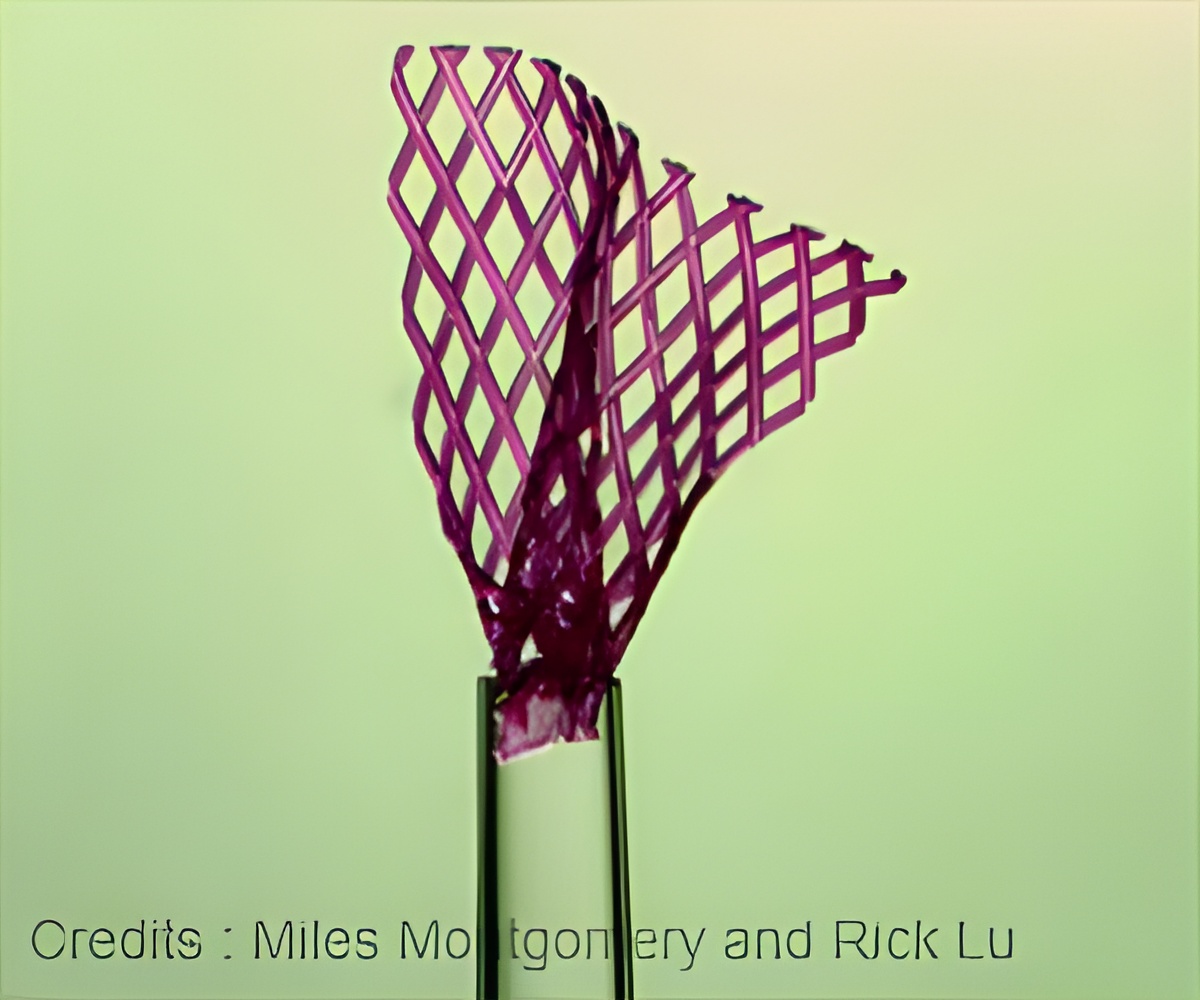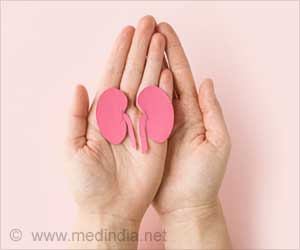According to a new survey released, most Americans (93%) agree that donated organs and tissues help researchers make scientific breakthroughs.

‘The survey finds that for those who are not registered donors, nearly half are undecided (22%) or do not have a reason (29%) for not wanting their organs to be donated for research upon death.’





The survey finds that most Americans (93%) agree that donated organs and tissues help researchers make scientific breakthroughs. Similarly, respondents have tremendous support for organ and tissue donation for transplant at death (85%) as well as donation for research at death (84%). More than four out of five respondents (81%) acknowledge significant shortages of both organs and tissues available for transplant and research. Continued public outreach to encourage individuals to become donors was identified by respondents as important. Despite the widespread support for organ and tissue donation for research and transplant, and recognition of shortages, slightly more than half of respondents (55%) say they are registered organ or tissue donors.The survey finds that for those who are not registered donors, nearly half are undecided (22%) or do not have a reason (29%) for not wanting their organs to be donated for research upon death.
"The gifts of organ and tissue donations are selfless acts of generosity that provide opportunities to advance discovery, improve health, and save lives," said Bill Leinweber, President and CEO of NDRI. "For forty years, NDRI has been a world leader in the procurement and distribution of organs and tissues for research across the full spectrum of disease and disorders. Knowing that the public values this research and wants us to continue to do more of it means that we have to tell more of our story."
Some 500 scientists from across the globe are served with human biospecimens each year by NDRI. Mary J.C. Hendrix, PhD, Chair of the NDRI Board of Directors and President of Shepherd University noted, "Millions of patients with diseases such as diabetes, HIV, and cystic fibrosis are alive today as a result of therapies derived from research utilizing human organs and tissue. NDRI is committed to meeting emerging needs of the scientific community and has demonstrated tremendous value in providing organ and tissue samples to support research on a variety of initiatives, including autism spectrum disorder, traumatic brain injury, opioid addiction, Alzheimer’s disease, and arthritis."
Additional highlights from the Research!America/NDRI survey include: A total of 91% of those surveyed had heard of organ and tissue donation, and 88% of respondents had heard of donating organs and tissues for research. However, only 63% of respondents have sought information about organ and tissue donation from any source. African-American, Asian-American, and Hispanic-American respondents were somewhat less likely than Caucasian respondents to support organ and tissue donation for transplant and research at death and are less likely to report being registered as organ or tissue donors. Respondents admire those who donate organ and tissue for transplant (77% saying ’a great deal’) as well as those who donate organ and tissue for research (71% saying ’a great deal’). Most respondents (79%) are comfortable with their donated organs and tissue being used in research by a nonprofit, but fewer (57%) are comfortable with their donated organ and tissue being used in research by a for-profit organization.
Advertisements
NDRI is a 24/7 operation that partners with a nationwide network of over 130 tissue source sites (TSS), including organ procurement organizations (OPOs), tissue banks, eye banks, and hospitals. Throughout NDRI’s 40-year history, the organization has worked tirelessly to provide researchers with organs, cells, and tissues to advance research toward treatments and cures to improve the lives of patients and their families.
Advertisements
Source-Eurekalert







